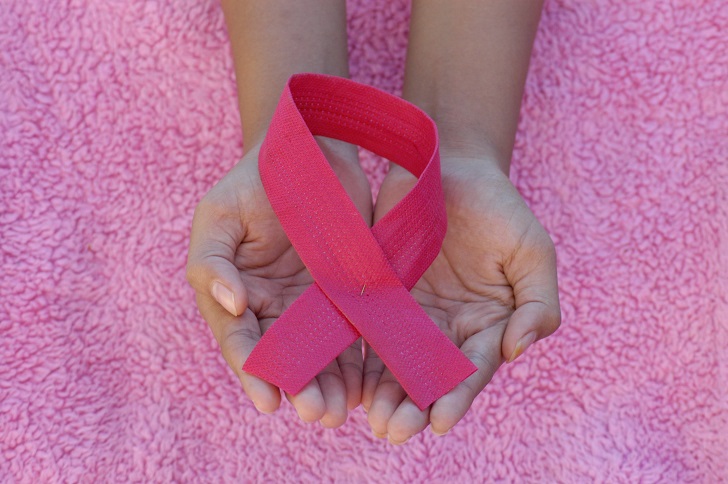According to a new study, excess body weight can increase your risk of endometrial cancer. Extra body mass in a person can almost double the risk of endometrial cancer, also known as the cancer of the womb.
How does endometrial cancer develop in the womb?
Endometrial cancer occurs when the lining of the uterus, called the endometrium becomes cancerous and begins to grow uncontrollably.
According to a recent study linking obesity with a higher risk of endometrial cancer, it was found that for every five body mass index units increased, the risk for endometrial cancer almost doubles, which is equivalent to a risk increase of 88%.
High BMI and obesity are believed to be the leading causes of developing womb cancer in women. According to researchers and experts involved in the study, women can lower their risk of getting endometrial cancer through therapies targeted at hormones linked with excess weight, like insulin and testosterone.

Yunmai/Unsplash. A person with a body mass index over 25 to 29 is considered overweight.
People with a body mass index of 25 to 29.9 are considered overweight. A BMI of over 30 is termed obesity and the study has provided significant results which confirm the link between being overweight and an increased risk of endometrial cancer.
According to experts, the two have been associated for years. As per the contents of this latest study on the subject, experts studied the samples of more than 120,000 women from across the U.S., the U.K., Belgium, Australia, Germany, Sweden, and Poland. Of the total number of participants, 13,000 women had endometrial cancer. As the researchers probed further, they found that for every five-unit increase in BMI, the risk of endometrial cancer increased by 88%, which is almost double.

Angiola Harry/Unsplash. Every 5 unit increase in BMI increases the risk of endometrial cancer by 88%.
The researchers also found 14 risk factors that helped explain the link between being overweight and getting womb cancer. Fasting insulin and testosterone, hormones associated with weight gain, were found to be the link between the association between the two factors. Researchers also found that high cholesterol levels can also have an impact on increasing risks associated with endometrial cancer.

happyveganfit/Pixanay. Hormonal therapies can help women lose excess weight, decreasing cancer risk.
Health experts around the world hoped that the study would help experts develop therapies targeted specifically toward hormones linked to excess weight gain, which could also decrease the risk of cancer in women. Discovering links between genetic make-up and its relation to obesity will also lead to a better understanding and development of highly targeted therapies to control weight and regulate hormones.















